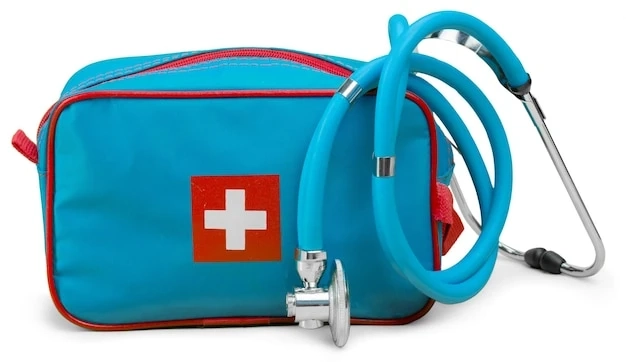In our unpredictable world, being prepared for unforeseen emergencies is paramount. One of the key tools in ensuring your safety and that of those around you is a well-stocked first aid kit bag. Whether you're at home, in the car, or on an outdoor adventure, having the right supplies can make a significant difference in critical moments. This guide will walk you through the essential items to include in your first aid kit bag, ensuring you're ready to handle minor injuries and unexpected situations.
The Basics:
Bandages and Dressings: Start with an assortment of sterile bandages, adhesive band-aids, and sterile gauze dressings. These are crucial for covering wounds and preventing infections.
Antiseptic Wipes and Solution: Keep a supply of antiseptic wipes or solution to clean wounds before dressing them. This helps minimize the risk of infection.
Adhesive Tape: A roll of adhesive tape is essential for securing bandages and dressings in place. It provides stability and ensures that the dressing stays on the wound.
Scissors and Tweezers: Include a pair of sharp scissors for cutting tape and gauze, as well as tweezers for removing splinters or debris from wounds.
Pain Relievers: Over-the-counter pain relievers like acetaminophen or ibuprofen can be useful for managing pain and reducing inflammation.
Special Considerations:
EpiPen (If Needed): Individuals with severe allergies should include an EpiPen in their first aid kit bag. This can be a life-saving tool in the event of an allergic reaction.
Prescription Medications: If you or a family member requires prescription medications, always keep a small supply in the first aid kit bag.
Emergency Blanket: Compact and lightweight, an emergency blanket can provide warmth in unexpected situations. It's particularly useful in outdoor scenarios or extreme weather conditions.
CPR Mask: A CPR mask is a crucial tool for administering cardiopulmonary resuscitation safely. It helps protect both the rescuer and the person receiving CPR.
Extras for Outdoor Enthusiasts:
Insect Repellent: If you're spending time outdoors, insect repellent can help prevent insect bites and discomfort.
Sunscreen: Protect your skin from harmful UV rays by including sunscreen in your kit. Even on overcast days, UV exposure can be significant.
Conclusion: Creating a well-rounded first aid kit bag is an investment in your safety and the safety of those you care about. Regularly check and update the contents of your kit to ensure that everything is in good condition and within its expiration date. Being prepared with the right supplies can make a significant difference in handling unexpected emergencies, providing peace of mind in the face of life's uncertainties.



